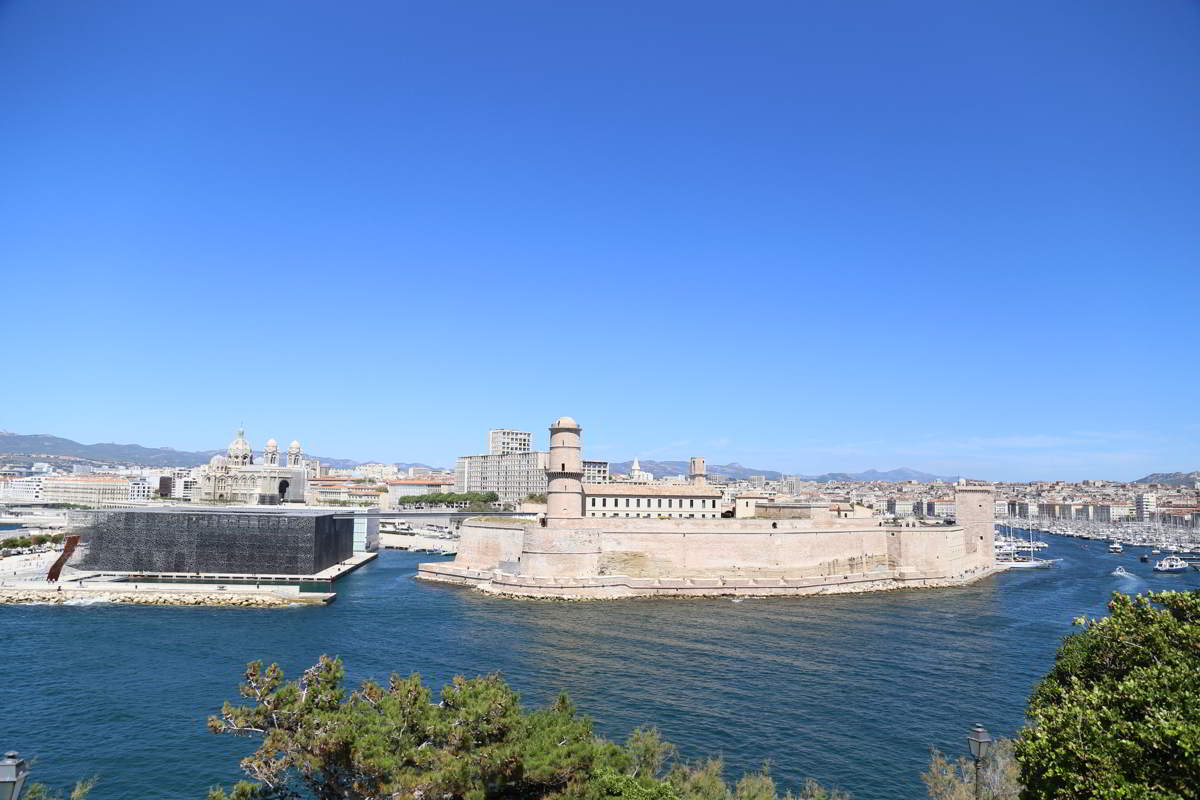IUCN welcomes its first seven subnational government Members
The International Union for Conservation of Nature (IUCN) today welcomed its first seven subnational government Members, following the creation of a new membership category for regional and local authorities at the World Conservation Congress in Marseille.

Marseille, host city of the IUCN World Conservation Congress in 2021 and largest urban centre of the Provence Alpes Côte d'Azur region. The Regional Council of the South - Provence Alpes Côtes d'Azur is among the first seven subnational government members of IUCN.
Photo: IUCN
The seven new subnational government category Members joining the Union are:
- Oficina de protecciòn del ambiente de la Municipalidad de Curridabat (Curridabat Municipality)
- Gouvernement de la Nouvelle-Calédonie (Government of New Caledonia)
- Ville de Paris (City of Paris)
- Service des Parcs naturels régionaux et biodiversité - Conseil Régional Provence - Alpes - Côte d'Azur (Provence, Alpes, Côte d’Azur Regional Council)
- Agence des espaces verts de la région Ile de France, (Agency for green spaces, Ile de France)
- Vice Consejería Sostenibilidad Ambiental, Gobierno Vasco (Vice Ministry of Environmental Sustainability, Basque Government)
- Departament d'Acció Climàtica, Alimentació i Agenda Rural, Generalitat de Catalunya (Department of Climate Action, Food and Rural Agenda, Government of Catalonia)
The Union now explicitly includes subnational governments in its governance structure. Four of the newly admitted subnational government authorities are in France, reflecting the engagement of IUCN’s French Members’ Committee, which initiated the motion that led to the establishment of the subnational government membership category.
“Subnational governments and local authorities play a major role in global efforts to protect the environment. This is a significant step forward for the Union, which will strengthen the governance of nature, from local action at the city scale to large regions and territories,” said IUCN Director General Dr Bruno Oberle. “Collectively, these new IUCN Members demonstrate that subnational governments are at the forefront of the global response to the biodiversity and climate crises.”
Subnational governments and local authorities are directly concerned by the implementation of numerous resolutions from the IUCN World Congress in Marseille, such as the fight against the artificialisation of soils, Nature-based Solutions, maritime spatial planning, marine plastic and light pollution, and alternatives to pesticides.
These new Members open the way to strengthening subnational action on biodiversity on the eve of the adoption of the next global biodiversity strategy at the CBD COP15 this year.
